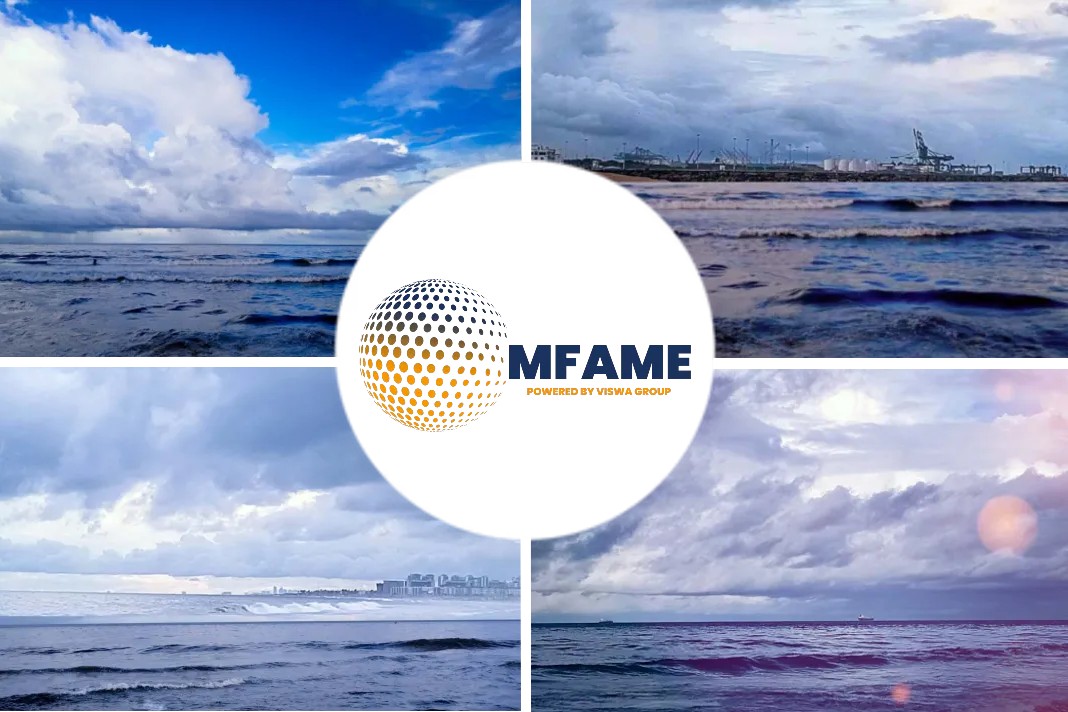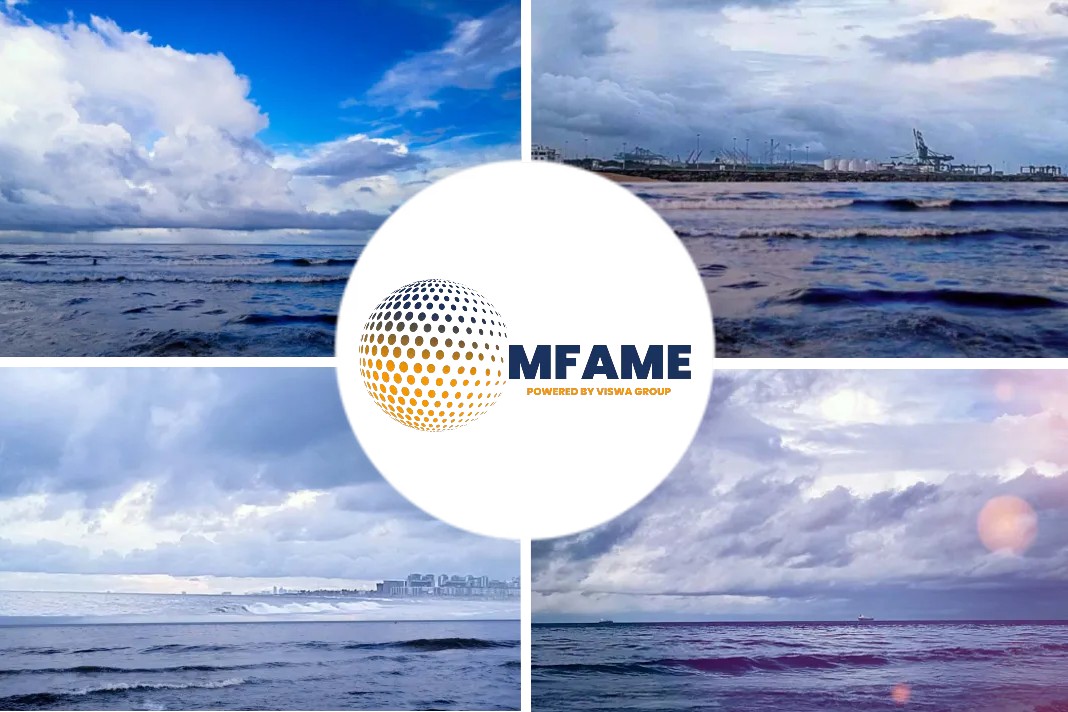- The dry bulk giant BHP has taken biofuel bunkers on a chartered capesize bulker at Rotterdam and plans wider use of the emission-cutting fuel.
- It received a blend of 30% biofuel and 70% marine diesel oil on the chartered capesize bulk carrier Frontier Sky, owned by NYK.
- Using the blend will cut CO2 emissions by 50 tonnes (26.2%) compared to conventional MDO.
- NYK aims to reduce greenhouse gas emissions by 30% by 2030 and 50% by 2050, compared with 2015.
The world’s biggest dry bulk charterer BHP has taken biofuel bunkers on a chartered capesize bulker at Rotterdam and plans wider use of the emission-cutting fuel, reports Marine Propulsion.
About the Contract
The global mining company received a blend of 30% biofuel and 70% marine diesel oil on the chartered capesize bulk carrier Frontier Sky, owned by NYK. Using the blend will cut CO2 emissions by 50 tonnes (26.2%) compared to conventional MDO. The biofuel was a drop-in, marine gas oil equivalent derived from used cooking oil feedstock, offering a CO2 emission reduction of 87.4% compared to MDO. It was supplied by GoodFuels through logistics company Varo Energy.
BHP head of strategy and planning Abdes Karimi tells Marine Propulsion that the bunkering was not a one-off. He argues that biofuels will “inevitably” become part of the bunkering fuel mix. “New developments in biofuels make the fuel cost competitive and this will converge with research into the right blend ratio,” he says. “We believe this fuel is going to be a disruptor in bunkering market. We are working with our partners and doing further research in other locations globally.”
The Long Term Goal
NYK aims to reduce greenhouse gas emissions by 30% (on a tonne-km basis) by 2030 and 50% by 2050, compared with 2015. Dry bulk marine quality control general manager Hiroshi Kawaguchi explains that, as well as offering emissions and efficiency benefits, the hardware innovation and digitalisation that will accompany greater use of biofuels will to lead to further optimisation and a reduction in downtime.
System Verified by BLOC
The biofuel’s supply chain and emissions savings were verified by a prototype system developed by blockchain application developer BLOC, as part of a consortium funded by the Lloyd’s Register Foundation. The system will enhance marine fuel traceability, providing better quality assurance.
BLOC chief executive Deanna MacDonald describes the project as “an important demonstration of how blockchain technology could play a role in creating global monitoring, reporting and verification system and build the trust necessary for broader adoption of cleaner fuels.”
GoodFuels head of marine Isabel Welten adds: “By documenting emissions savings and chains of custody and combining this with smart incentives to use cleaner fuels, we can build a trusted, financially viable pathway towards zero-carbon shipping.”
Did you subscribe for our daily newsletter?
It’s Free! Click here to Subscribe!
Source: Marine Propulsion
















![[Watch] Crazy Power Needed to Move World’s Largest Containerships](https://mfame.guru/wp-content/uploads/2023/11/mfame-tanker-100x70.jpg)
